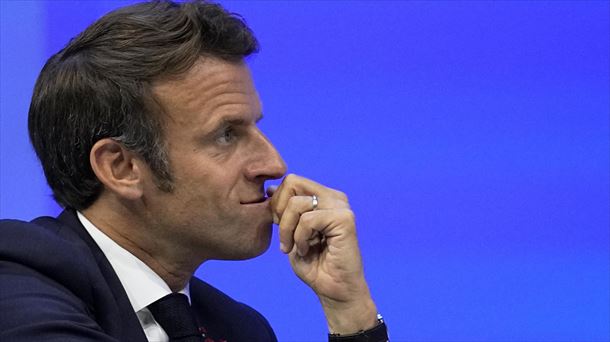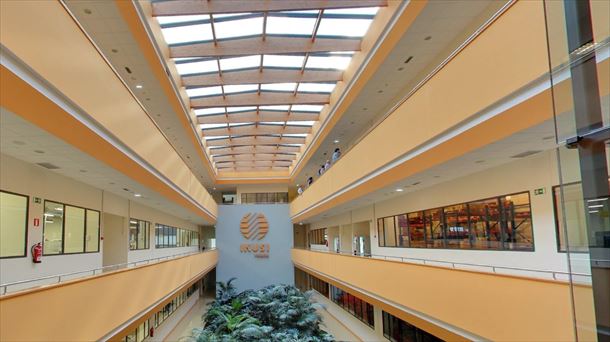Street noise in the afternoon at a large, busy intersection. Partly bad connection. Jürgen Högl, head of operations at the Red Cross, talks about daily war life in Kiev in the “Krone” interview.
„krone“: The fear has returned as a result of the recent bombings. Citizens take shelter in metro stations. What was daily life like before the renewed attacks?
Jurgen Hoegl: Kiev has really found its way back to everyday life in recent months, people have gone out, visited cafes and restaurants, this city has a lot of flair. After Monday’s attacks, fear was back. Monday and Tuesday were unusually quiet, the street lights were out, it was just dark.
What does daily life look like now? Is there an everyday life at all?
People notice it: Permanent vigilance is back. This morning a plane flew by and everyone stared at the sky and cringed. Now “everyday life” is back: shops are open, people are going out. Last night a supermarket was open and people stocked up in case they had to stay in the shelter for a long time again. The fear of tomorrow is back.
How are you? How does the situation feel?
I am not a good example, it is normal that I work in exceptional situations. Well, I was on my balcony early Monday morning when the air raid siren went off and you could hear the classic hiss of rockets in the sky. You have to imagine it as a large fireworks rocket. I took refuge in my bathroom and ten seconds later heard the explosion. On my way to the shelter I saw columns of smoke from ten kilometers away. Then I thought to myself: the war is back in town.
How are the people around you?
The people are composed and prepared. Ukrainians know that the war will last a long time. Yet for many it is a shocking experience when rockets land in the middle of the city or a children’s playground.
What do you think, how’s it going?
We expect the attacks to continue in the coming days, but at a reduced intensity compared to Monday. For us it is relevant that winter is coming. Winter in Ukraine is bitterly cold and it is feared that it will be bitterly cold not only outside but also in the apartments. The attacks target vital infrastructure and this leads to power failures.
What about the power supply – are you handling it?
Monday’s attacks led to power outages. There were even power outages across the board in 3,900 cities and communities. Most communities have now been restored to power, but there is less power than before. Here in Kiev too there are routine power cuts, every few hours a district is without electricity. The government has asked residents to massively limit their electricity consumption in the evenings and not to turn on washing machines, for example.
Are there any bottlenecks? Don’t have food and water?
The water supply is linked to the electricity, which is not guaranteed in individual communities. Especially in the east and south, where there is active conflict. In places like Donetsk and Luhansk, people have been living without electricity and water for months. You have to find a water source or use the emergency water supply from tank trucks. I was recently in Chernihiv, in the battle zone from which the Russians initially marched to Kiev. There I spoke to residents who to this day still have no hot water. The food and water supply in Kiev, on the other hand, is working and there are aid programs such as food parcels in the combat zones.
How can you help from Austria?
It is important to remain in solidarity with this country and its people and to continue to donate. Help is coming! And remember, despite the fact that all of Europe is going to have a rough winter, this country is going to have a tougher winter.
Source: Krone
I’m Wayne Wickman, a professional journalist and author for Today Times Live. My specialty is covering global news and current events, offering readers a unique perspective on the world’s most pressing issues. I’m passionate about storytelling and helping people stay informed on the goings-on of our planet.



